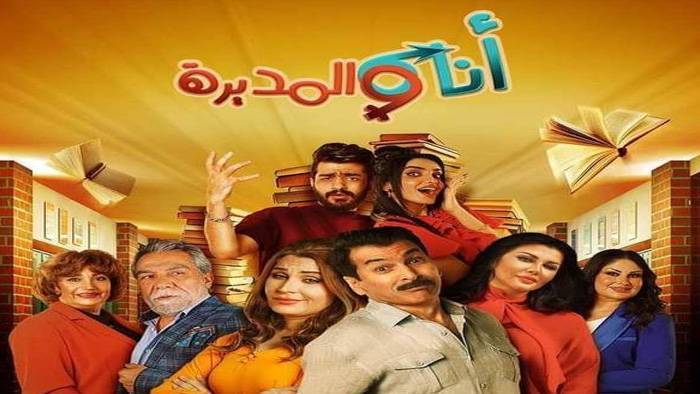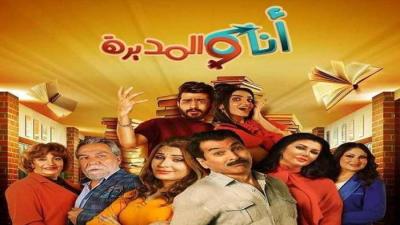Despite the stagnation in the political situation in Iraq due to the government formation crisis, the artistic scene welcomed the month of Ramadan buzzing with activity and abundant production in terms of the variety and boldness of the issues addressed by the series. Iraqi drama production had declined over the past two years due to the financial crisis in the country and the subsequent preventive measures imposed by the coronavirus pandemic. However, this artistic season appears to be rich in production, with strong competition to attract viewers concerning the themes of the works, filming locations, artistic faces, and the number of episodes.
Comedy, social, and political works have emerged on the Iraqi drama map, with some serving as sequels following the first part aired last season. Unusually, the "Iraqi Media Network," which includes official channels, is devoid of any dramatic work this season, while private stations are airing more than 20 works. Wadi Nader, head of the drama department in the government network, attributed this to the lack of financial allocations, which are tied to the general budget.
Cautious Optimism
Iraqi artist and academic, Awatif Naeem, expressed cautious optimism regarding Iraqi artistic works during Ramadan, affirming that "the abundance of artistic works is not a negative phenomenon and does not always come at the expense of quality; certainly, two or three works will stand out and achieve considerable success." In her remarks to Sky News Arabia, she noted that "the wars and disasters that Iraq has experienced have made drama the only outlet capable of addressing these issues." She also emphasized that "what is sometimes concerning is the wrong choice of actors; while true artists remain without participation in even one work, we see new actresses, or those referred to as 'models,' in multiple works based on producers' preferences." She called for "regulating the participation of directors from other countries in Iraqi drama production, as they do not fully understand the country's situation and what the viewer needs."
Comedy Resurgence
Comedy topped the artistic works this season, as Iraqis will watch the third season of the series "Hamid Helo," which includes a star-studded cast of Iraqi artists. The comedic work "Red Cat" also stands out in its second season, written by Ahmad Wahid, who stars alongside Hassan Hantoush, Nour Muhammad Taqi, and Rasha Raad. For the first time, a comedic collaboration featuring Iraqi and Syrian actors appears in "Me and the Director," with Alaa Hussein and Iyad Rady from Iraq, and Ayman Rida and Jani Isber from Syria.
Iraqis will also see politically-themed works, including "The Deep State," which addresses the serious issue of the hypothetical existence of hidden forces that steer state decisions and control its wealth. This work is authored by Adel Kazem and directed by Bakhtiar Fattah. Despite the completion of the massive series "The Night of the Fall," which depicts ISIS's control over Mosul in Nineveh, northern Iraq, its airing during Ramadan is yet to be confirmed.
Comedy intertwines with politics in "As the Nation Died," featuring Iyad Rady, which has been well-received in previous seasons. Romantic elements soften the political tensions in the series "Nation," which combines both genres and includes appearances by Jawad Al-Shukrji, Jalal Kamel, and Mariam Ghariba, directed by Mohannad Abu Khamra and written by Abdul Hamid Al-Maghribi.
Yasser Al-Obeidi, a professor at the College of Fine Arts in Baghdad, considered the diversity of works a positive trait, catering to viewers' desires who have started watching foreign productions, making it challenging for drama makers to present competitive works. Al-Obeidi added in his conversation with Sky News Arabia that "the Iraqi situation needs more works to keep pace with social and political realities."




